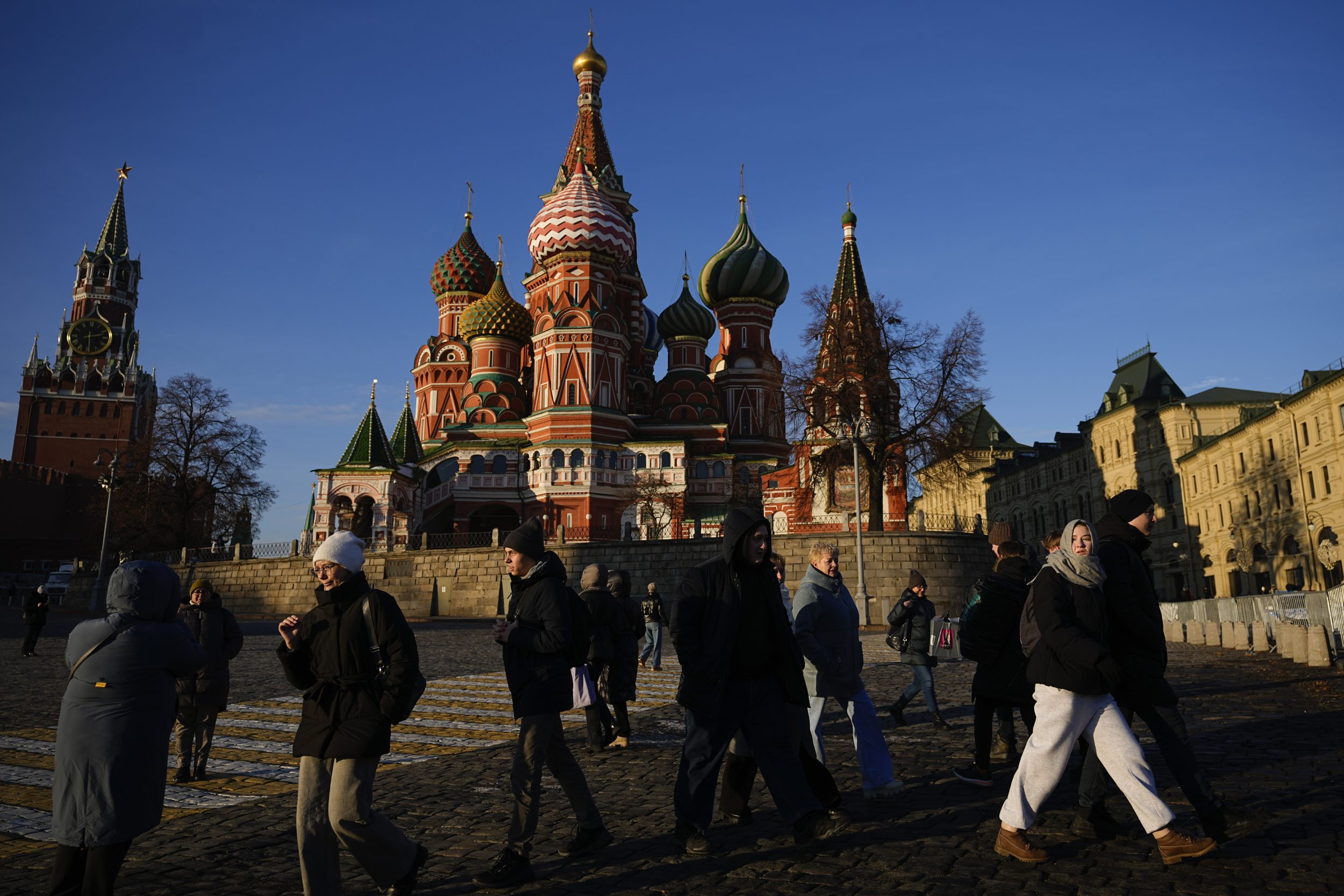ARTICLE AD BOX

Donald Trump is pledging to impose hefty taxes on everything entering the U.S. from Mexico, Canada, and China — but a report Wednesday suggested it might not be so straightforward.
In 2018, Donald Trump unilaterally ushered in taxes on all steel and aluminum imports by signing an executive order claiming that the charge was required for American national security and, in 2019, Trump threatened Mexico with a 5% tax if they didn't stop illegal immigration.
On Wednesday, The Economist questioned whether Trump's promise of hefty tariffs is possible — or if he'd be forced to try and pass legislation through Congress.
Also Read: Behind Trump’s profoundly weird understanding of money
The report stated that, over the years, "Congress has ceded more and more authority to the executive branch, and the courts, the third coequal branch of government, have happily blessed the arrangement. Nowhere is this clearer than in trade policy."
When Trump ushered in tariffs on steel and aluminum imports in 2018, he used Section 232 of the Trade Expansion Act of 1962.
But The Economist quoted the U.S. Constitution, which grants Congress the powers “to lay and collect taxes, duties, imports and excises” and “to regulate commerce with foreign nations."
The law now says that the president can raise tariffs on imports if he believes it's in the interest of national security. At the time, the Department of Commerce agreed with his 2018 decision.
Chances are, Trump's own Commerce Department will support him again — but it's unclear whether lawmakers will allow it, The Economist reported.
Sen. Rick Scott (R-FL), who a few weeks ago was MAGA's choice to take over the Senate, had argued that Trump must have Congress's consent to enact his tariff plan.
But The Economist spoke to Warren Maruyama, the former general counsel for the United States Trade Representative, who said that the IEEPA gives Trump more power.
Also Read: Trump covertly planning the world’s biggest protection racket
“So there’s minimal procedural requirements. So, he could do it very quickly — on day one, if he wants,” said Maruyama.
The Economist report also suggests that litigation might follow the move, saying that it violates the USMCA trade law, which Trump negotiated.
But with "national security" exceptions, written into the bill, it might be enough to argue there were no violations, Harvard Law School's Mark Wu told The Economist.
Mexico's president has already promised to retaliate with similar tariffs on the U.S.
.png)
 2 hours ago
1
2 hours ago
1








 English (US)
English (US)